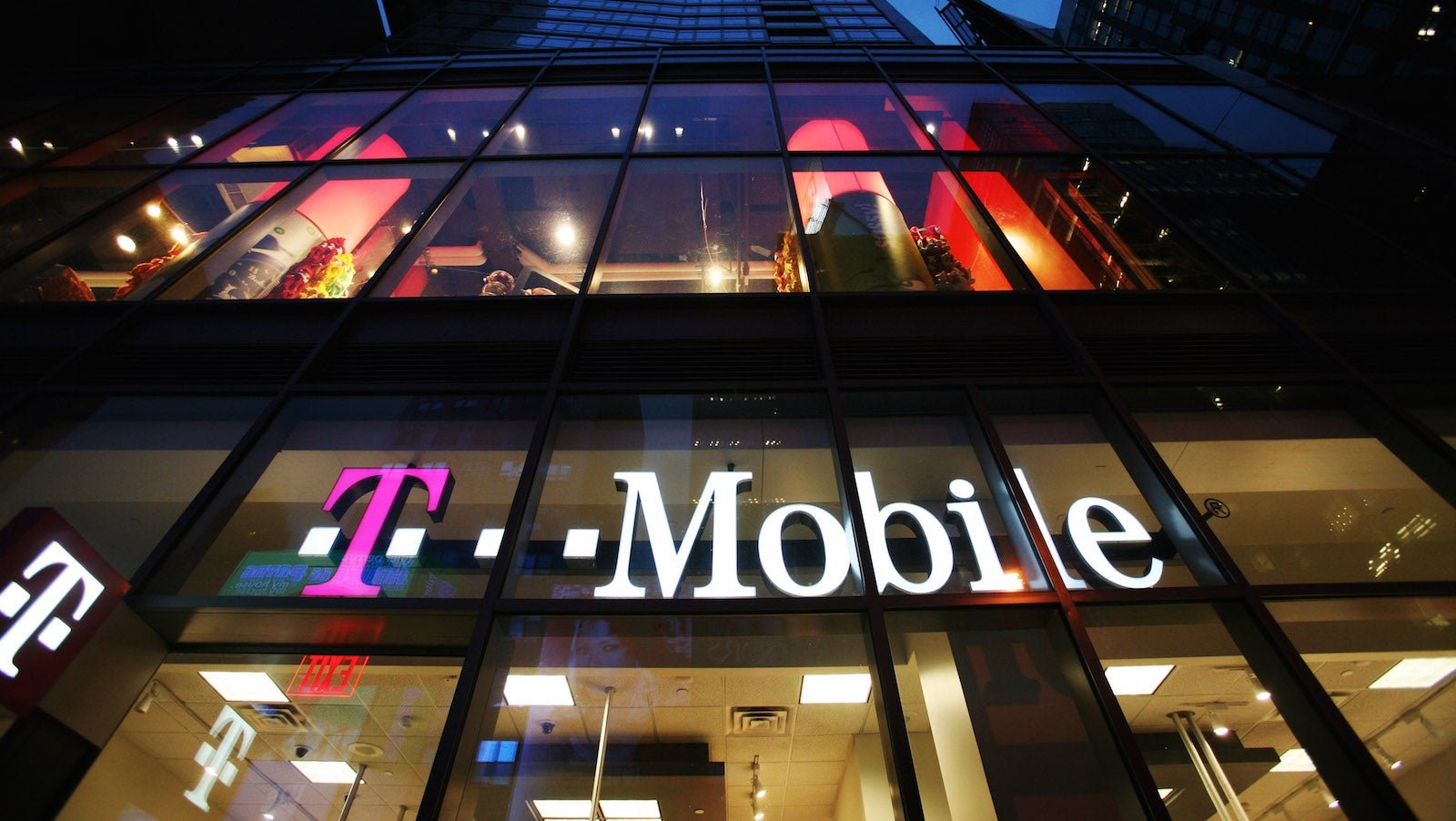US employers are officially barred from requiring service workers to be happy on the job
Some service workers can be unpleasant to deal with, but employers can’t demand that they perk up. US labor laws protect workers’ right to be grumpy on the job.


Some service workers can be unpleasant to deal with, but employers can’t demand that they perk up. US labor laws protect workers’ right to be grumpy on the job.
The National Labor Review Board has ruled that employers cannot force employees to always be cheerful, as much as they might want to.
Wireless carrier T-Mobile tried to do so, through a clause in its employee handbook that required workers to “maintain a positive workplace environment.” According to the NLBR, T-Mobile’s “Workplace Conduct” guide says it:
“…expects all employees to behave in a professional manner that promotes efficiency, productivity, and cooperation. Employees are expected to maintain a positive work environment by communicating in a manner that is conducive to effective working relationships with internal and external customers, clients, co-workers, and management.”
The Communications Workers of America union, which represents T-Mobile technicians, customer-service representatives, and retail workers, thought the clause was too restrictive. Surely, employers cannot keep workers from arguing, right? They brought the issue before the NLRB and the agency agreed, in a ruling on April 29.
According to the ruling, forcing workers to be positive all the time infringes on their rights to organize. And employers cannot prevent workers from organizing.
Organizing is often spurred by controversy or unhappiness with an employer or job, the NLRB said. So workers need to be allowed to speak freely about workplace conditions, even if their statements are critical or argumentative:
“Because labor disputes and union organizing efforts frequently involve controversy, criticism of the employer, arguments, and less-than-‘positive’ statements about terms and conditions of employment, employees reading the rule here would reasonably steer clear of a range of potentially controversial but protected communication in the workplace for fear of running afoul of the rule.”
Candice Johnson, a spokesperson for the Communications Workers of America, said the ruling “benefits non-represented workers who want a union.”
The NBLR decision also included a cease-and-desist for T-Mobile end the workplace policy.
The company said it declined to comment on the ruling because litigation is pending.